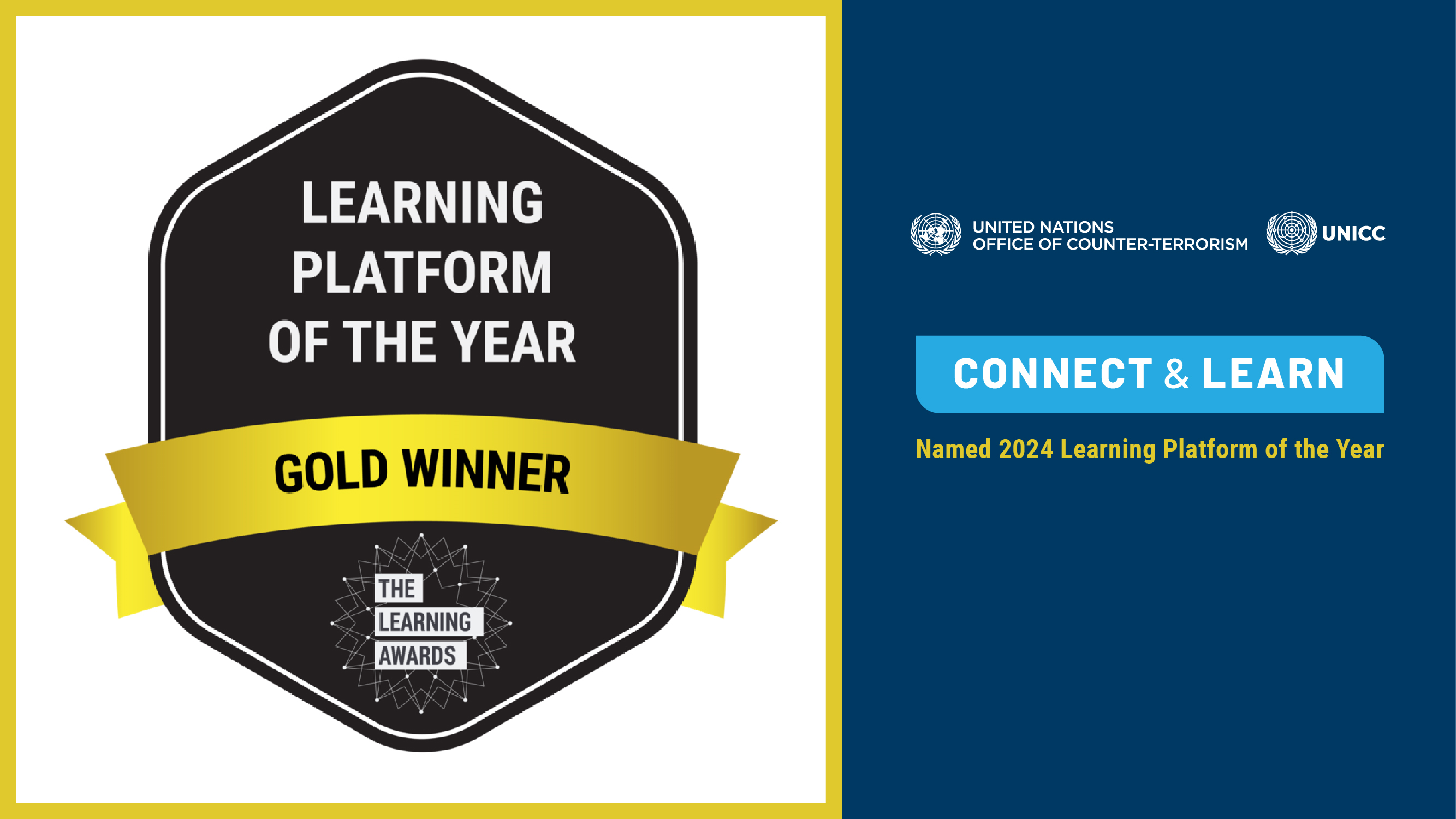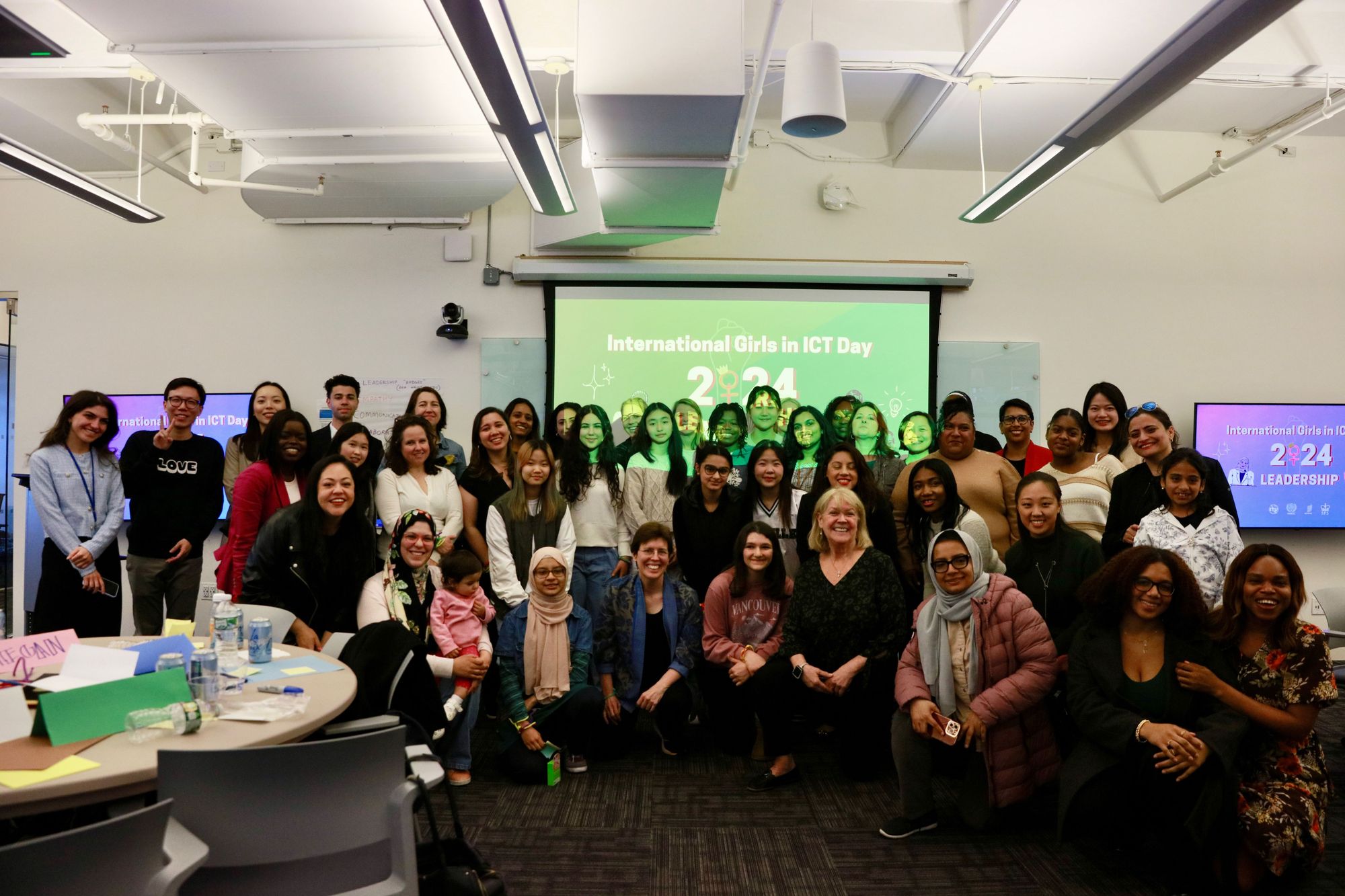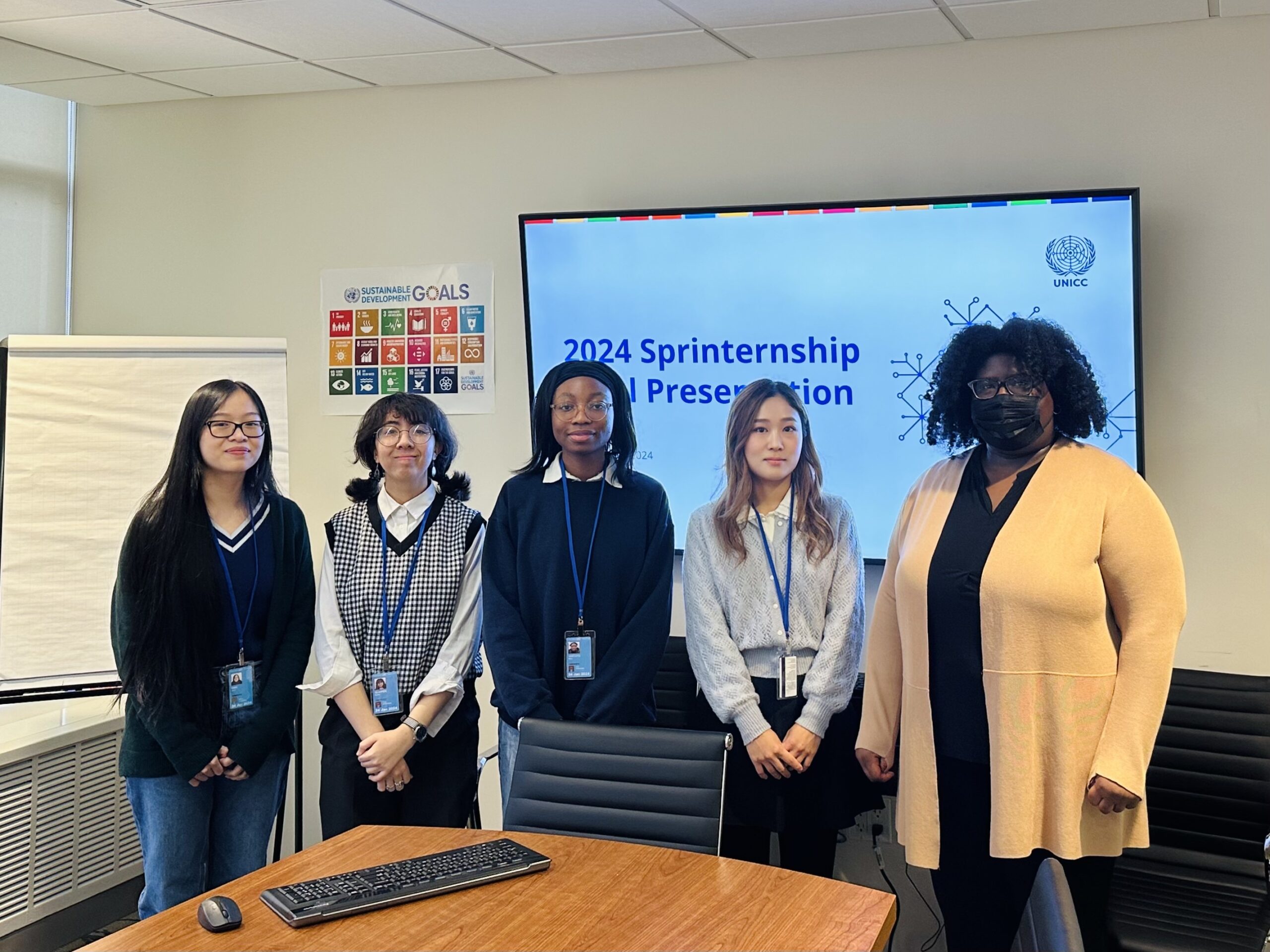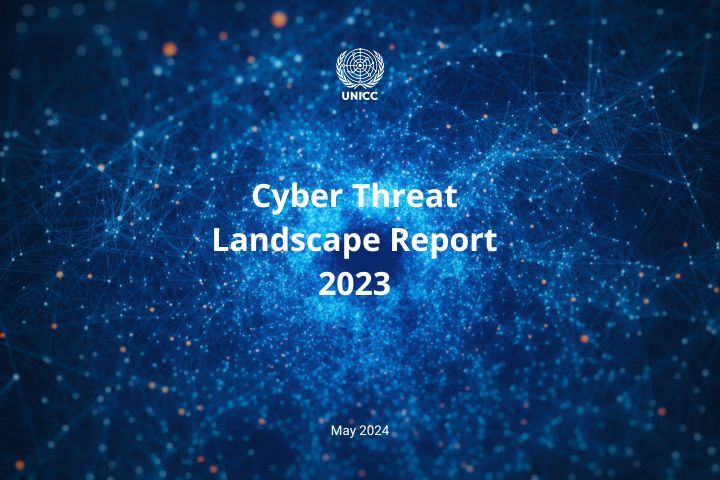
Related News
News Centre
Archives: Posts

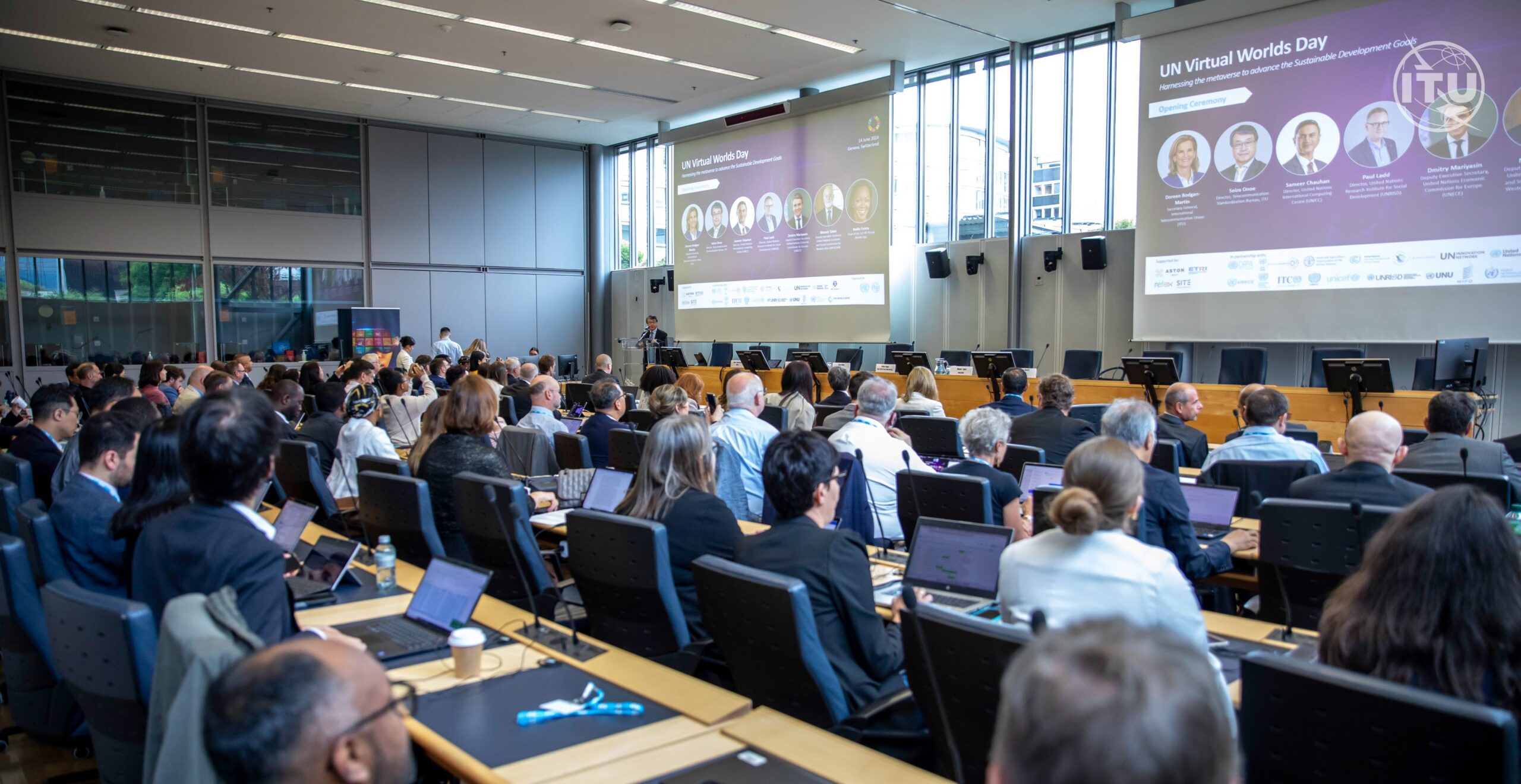
UNICC, ITU and Digital Dubai Launch a Global Initiative to Promote Virtual Worlds Solutions for Cities
14 June, 2024

UNICC Engages in Key Discussions at WSIS+20 Forum High-Level Event and AI for Good Summit 2024
3 June, 2024

UNICC-Columbia University Thinkathon 2024
6 May, 2024
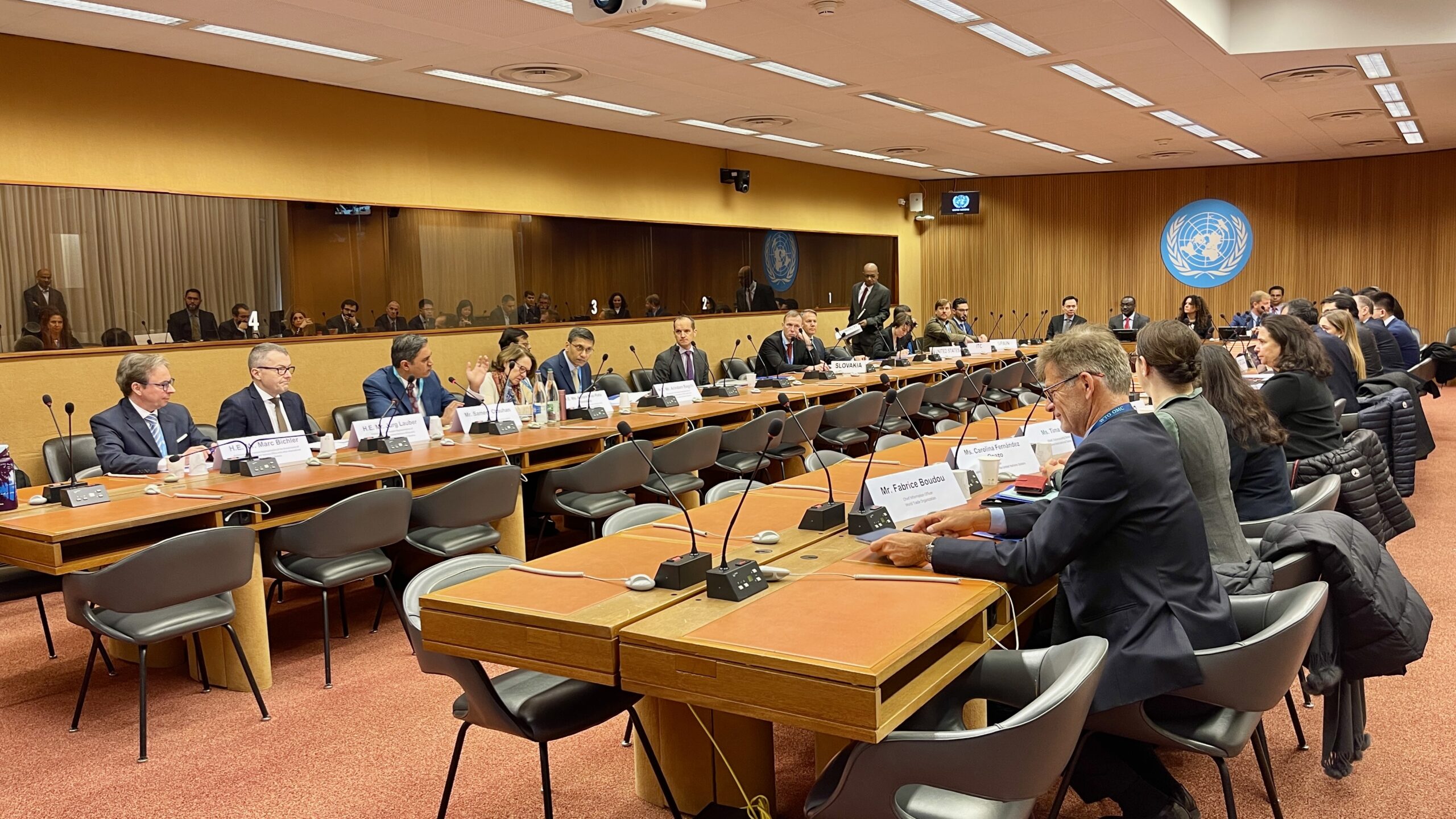
UNICC Launches the Cybersecurity Fund for the UN System
25 April, 2024
